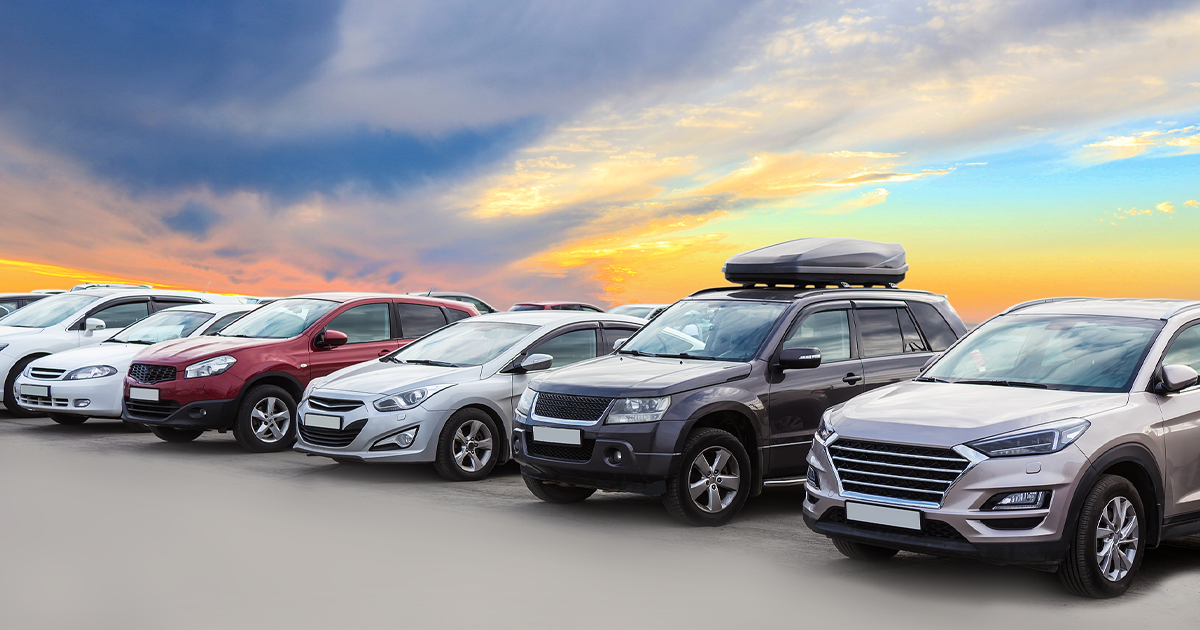Budgeting For Your First Car: A First-Time Buyer’s Guide to Budgeting for a Vehicle

Are you ready to buy your first car, but unsure how to keep it affordable?
Getting your first car is exciting, but let’s face it—cars aren’t cheap. With new cars averaging over $48,000 and used ones around $27,000, it’s more important than ever to have a solid budget. Planning ahead means you’ll cover both the upfront cost and the ongoing expenses without stretching yourself too thin. Here are some practical steps to help you make a smart, stress-free decision.
1. Determine How Much You Can Afford
Before you start looking at cars, get a clear picture of your finances. List all your monthly income sources, subtracting essential expenses like rent, groceries, utilities, and debt payments. Financial experts suggest spending around 10-15% of your monthly income on car-related expenses, which include payments, insurance, fuel, and maintenance. Staying within this range can help you manage other expenses without financial strain.
2. Consider Total Ownership Costs
The cost of owning a car extends beyond the sticker price. Prepare for ongoing expenses such as:
- Insurance: Rates vary widely depending on factors like car type, driver age, and driving record.
- Fuel: Check the fuel efficiency of any model you consider.
- Maintenance and Repairs: New cars might come with warranties, but used cars may require more frequent repairs.
- Registration Fees and Taxes: These vary by state but can impact your total budget significantly.
Knowing these costs helps you avoid surprises and ensure long-term affordability.
3. Set a Down Payment
A common recommendation is to make a down payment of at least 20% of the car’s value. This reduces your loan amount, saving you on interest over time. However, balance your down payment with other savings to avoid stretching yourself too thin for emergencies or upcoming expenses.
4. Choose a Realistic Price Range
With your budget in mind, set a price range for your car. Avoid stretching beyond your means, as overspending on a car can lead to financial stress. A well-defined price range keeps your search focused, making it easier to find a car that meets your needs and budget.
5. Decide Between New or Used
Both new and used cars have advantages and disadvantages. A new car often comes with a warranty and the latest technology but costs more. A used car is typically more affordable but might need more maintenance. Weigh these factors based on your budget, driving needs, and personal preferences.
6. Consider Financing Options
When buying a car, you have the choice between paying in full or financing:
- Cash Purchase: This gives you immediate ownership without monthly payments, but requires significant savings upfront.
- Financing: Financing through a credit union like Nuvision lets you spread out the cost with monthly payments that fit your budget. Plus, our team is here to help you find the option that works best for you.
7. Research Car Models Within Your Budget
Once you’ve set a budget, start looking at car models that meet your needs without breaking the bank. Check out their features, reliability, and upkeep costs. Online research and visiting a few dealerships can help you zero in on a car that’s both affordable and a good fit for your lifestyle.
8. Negotiate the Price
With a good idea of the car’s market value, you’re ready to negotiate the price. This is especially useful if you’re looking at used cars or buying from a private seller. Don’t be afraid to ask about any promotions or discounts—they can make a real difference in the final price.
9. Finalize the Purchase
Once you’ve agreed on a price, carefully review the contract terms. Make sure you understand any fees, the interest rate (if financing), and warranty details. After signing, arrange a pickup and inspect the car before driving off to ensure it’s in good condition.
Tips to Avoid Financial Mistakes When Buying Your First Car
- Stick to Your Budget: Don’t be tempted by extras or features beyond your price range.
- Shop Around for Insurance: Compare quotes from different providers to find affordable coverage.
- Plan for Future Needs: Think about potential lifestyle changes that could affect your car choice, like commuting distance or family plans.
Buying your first car is a big step, but with a solid plan, you can find a ride that fits both your needs and your budget. Taking the time to budget means you’ll feel confident in your choice—and enjoy your new car without the stress of unexpected costs. At Nuvision, we're here to help make the process as smooth as possible, so you can focus on the road ahead.
Ready to take the next step toward owning your first car? Visit our auto loan page to see how Nuvision can help you get there with financing options that work for you.




